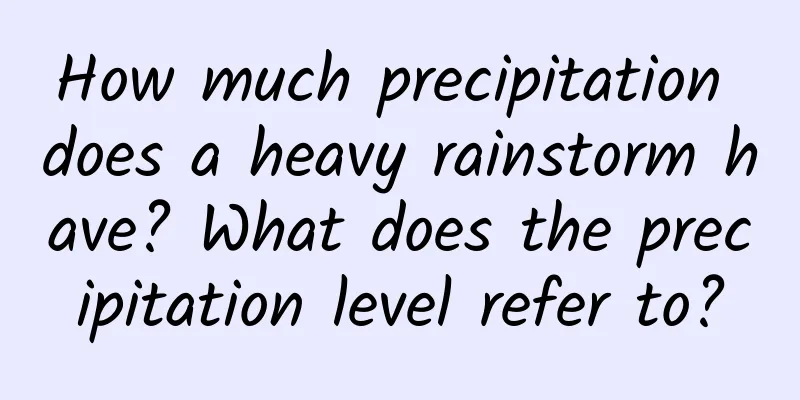If the breasts don't swell, does it mean that there is no milk?

|
Many women experience breast failure during pregnancy. Many people think that if breasts do not swell, it means there is no milk. Actually, this is not the case. What you need to know is that breast engorgement is not a healthy condition. Some mothers have sufficient milk even if they do not have symptoms of breast engorgement. This is related to personal constitution. Below, I will introduce you to the relevant knowledge about breast engorgement in detail! 1. Does breast not swelling mean that there is no milk? Not entirely. Some people don’t have much milk but can still squeeze out 100 ml, but their milk supply just won’t increase. Some people have particularly good milk production and their breast milk often increases. This has something to do with the person’s physical constitution! 2. Causes of breast swelling 1. Increased blood and water The term "milk engorgement", as the name suggests, means that the breasts swell due to excess blood and water. After a mother gives birth, the level of prolactin in the mother's body will increase significantly to stimulate the body to produce milk, so tissues such as the mammary glands will begin to swell. Generally, the blood and water content are the highest three or four days after delivery. 2. Too long intervals between feedings If the mother does not express her milk in time after the baby is born, or if there are too many gaps between feedings, it can also cause breast engorgement. 3. Too much milk Sometimes, even though the mother has breastfed in time, her breasts still become engorged. This is caused by excessive milk secretion from the mother herself. Excessive milk secretion accumulates in the breasts, making it difficult for the baby to drink it all at once, causing the breasts to become hard and swollen. Some mothers may switch to formula feeding because it is too painful, but this will only aggravate the discomfort of breast engorgement. 3. Symptoms of breast engorgement 1. Breast pain: When there is too much milk in the mother's breasts, the breasts will swell and feel more or less painful. Especially starting from the third day after giving birth, severe discomfort will occur. To solve this problem, you have to express the milk as quickly as possible. 2. Inverted breasts: Some new mothers may also experience inverted nipples. 3. Low fever: Some new mothers may experience chest pain and low fever at the same time. 4. Lymph nodes: New mothers may also have lymph nodes in their armpits. |
<<: What to do if your breasts swell and hurt
>>: Hot belly during early pregnancy
Recommend
2022 "Pharmacy Popular Science Works" Essay Exhibition | Beware of the "Assassin" of Stomach Disease - Helicobacter pylori
Are you troubled by bad breath and frequent indig...
What is the reason for the black spots on both sides of the private parts
Every woman has body hair. Although it is embarra...
Does eating sweet potatoes during pregnancy affect the fetus? What are the precautions for eating sweet potatoes during pregnancy?
Sweet potatoes are a common whole grain food. The...
What kind of honey is good for women
Pure honey is a very good nutritious substance an...
How to take care of yourself during the confinement period
Do you know what the short confinement period is?...
Complications of cesarean section 4 years ago
Some women are unable to choose natural childbirt...
How many months is it good for pregnant women to eat pigeon eggs?
Many people strongly recommend pregnant women to ...
How to identify and intervene in myocarditis caused by new coronavirus infection at an early stage?
Recently, many news reports have revealed cases o...
Precautions after PPH surgery: adjust your diet
After completing PPH and surgery, you must pay at...
Why does lower back pain occur during confinement?
After giving birth, mothers need to take good car...
Causes of private area eczema
Eczema in the private parts is quite common in ou...
What to do if your belly itches after childbirth
It is normal to have an itchy belly after childbi...
How big is the baby at 4 months of pregnancy
When a pregnant woman is pregnant to the fourth m...









